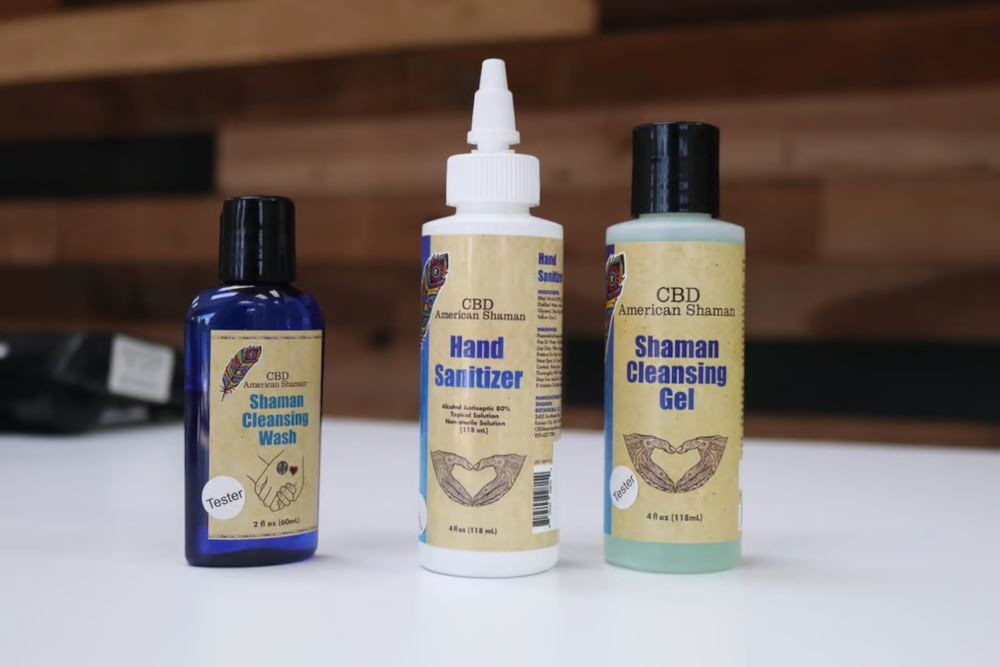A Missouri CBD company will pay $370,000 for alleged violations of federal law on pesticides, under an agreement with the U.S. Environmental Protection Agency (EPA).
CBD American Shaman, Kansas City, Missouri, reached an agreement with the EPA that penalizes the company for selling and distributing six antimicrobial pesticides, including “Shaman Cleansing Wash” and “Shaman Cleaning Gel” during the COVID-19 pandemic.
EPA cited the company for failing to register the products as required by the Federal Insecticide, Fungicide, and Rodenticide Act. Products used to disinfect and sanitize against microbiological organisms are considered pesticides and are regulated under U.S. law.
‘Critical’ protection
The alleged violations were uncovered during a 2021 inspection at a CBD American Shaman location in Overland Park, Kansas, and at the company’s Missouri headquarters. The company did not explicitly admit to any violations.
“The registration of pesticide products with EPA is critical to protecting public health so consumers are aware of a product’s ingredients, how the product can be safely used, and how the product should be properly stored and disposed (of),” David Cozad, director of EPA Region 7’s Enforcement and Compliance Assurance Division, said in a statement announcing the settlement with CBD American Shaman.
Donation to nonprofit
Under the settlement, CBD American Shaman, which operates more than 300 stores in 30 states, was fined $120,720 as a civil penalty and ordered to donate $250,000 to Care Beyond the Boulevard, a nonprofit that provides healthcare to the homeless and uninsured.
The company is to donate $50,000 worth of medical equipment and supplies to Care Beyond the Boulevard each of the next five years.
“It is important to emphasize that at no point were any people or pets placed in harm’s way due to our products,” CBD American Shaman told KSHB 41 News.
EPA said there was a sharp rise in the sale of unregistered pesticides during the covid 19 pandemic.
Past problems
In 2022, CBD American Shaman was swept up in a wave of warnings over CBD and delta-8 THC products made from hemp. The U.S. Food & Drug Administration cited the company for violations of the Food, Drug & Cosmetic Act for distributing “products attractive to children and (which) could easily be mistaken for traditional foods that are commonly consumed by children.”
The CBD maker escaped a lawsuit in 2020 when a federal judge in Florida approved the voluntary dismissal of a proposed class action alleging the company’s products contained trace amounts of metal. The judge ruled that the plaintiff’s claims were too vague to stand, although a laboratory that analyzed the products for the lawsuit found they contained multiple heavy metals, including copper, nickel and lead.

